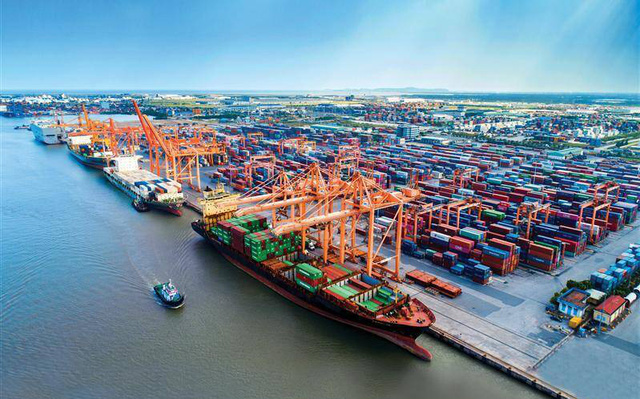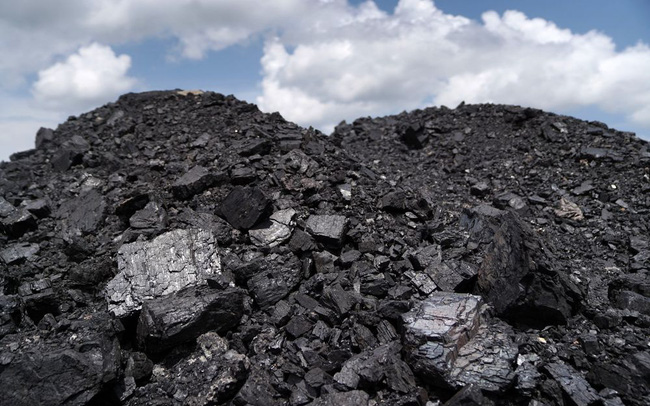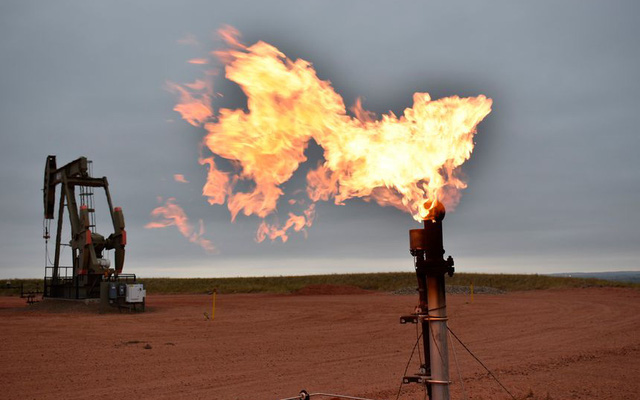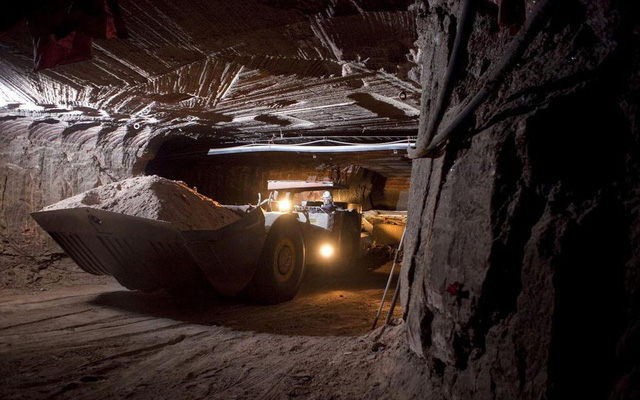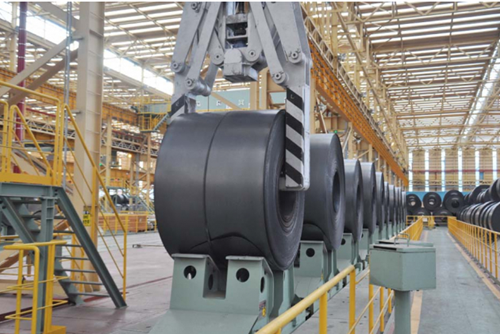Securing supply is a top priority for China, with officials concerned about the impact of global commodity costs on the Chinese economy.
Top Chinese government officials have prioritized securing energy and commodity supplies, fueled by worries about disruptions stemming from the Russia-Ukraine war.
According to Bloomerg, government agencies including the China Development and Reform Commission (NDRC) have been required to urge state-owned enterprises to find markets to buy commodities such as oil and gas. burning, iron ore or corn to make up for the potential shortfall caused by conflict. These officials did not mention the price, which includes import costs, so cost is not their main concern at the moment.
Securing supply is a top priority for China, with officials concerned about the impact of global commodity costs on the Chinese economy. Beijing is now focusing more on food and energy security after being hit hard by the COVID-19 pandemic, supply chain pressures and geopolitical issues such as confrontation with Australia. . The officials did not specifically say how to secure the supply, so the agencies will have to plan for this on their own.
The NDRC declined to comment when asked for comment. Oil prices in London rose about 8.6% on Wednesday, while aluminum prices gained about 3.4%. Corn futures in Chicago rose 3% to their highest since 2012, while flour rose 7.6%.
The spike in commodity prices due to the Russia-Ukraine war is likely to hinder efforts to stimulate growth in China. Chinese officials are likely to announce additional steps to support the economy when they have a high-level meeting this week, China’s industries have been weakened by a number of measures. production restrictions disrupt the supply of raw materials for the industry.
China is about to enter a period of peak consumption of many goods, the risk of supply disruption by Russia’s attack on Ukraine will cause prices of many goods, from metals to pesticides , skyrocketed.
Many buyers in the world commodity market are looking at the Russia-Ukraine war and taking advantage of increased supply because of fear of possible disruptions.
In the energy sector, power plants and steelmakers in China are looking for alternatives to Russian coal, with some domestic banks saying they are temporarily avoiding buying due to the sanctions imposed today. a lot against Moscow. Russia is the second largest source of coal to China.
Russia, which now competes with Saudi Arabia as China’s biggest oil supplier, has been strengthening its trade ties with Beijing over the past decade. China has doubled its purchase of energy products from its neighbour, to nearly $60 billion in the latest year.
During a meeting between Chinese President Xi Jinping and President Vladimir Putin last month, the two leaders signed several agreements to increase supplies of gas and oil as well as flour. China is also an important buyer of products such as corn from Ukraine. China bought more than 8.2 million tons of Ukrainian corn last year, or about 29% of total global corn imports. China also buys an estimated 18 million tons of iron ore from Ukraine, or 1.6 percent of the country’s imports.
Food security has become a top priority for Beijing, especially as imports of corn, soybeans and flour have surged to record highs in recent years, leaving China vulnerable. trade tensions and supply shocks. China’s efforts to secure food supplies range from increasing domestic production to diversifying export sources, developing the seed industry and ensuring food waste is prevented.
T&G International Joint Stock Company
Address: 352 Hue Street, Le Dai Hanh Ward, Hai Ba Trung District, Hanoi
Hotline: 0345786803
Email: hrm@tginterjsc.com
Website: http://tginternationaljsc.com





